Keeping Wildlife Out of the Garden
Keeping Wildlife Out of the Garden
Tweet
Depending on the area that you live in, garden pests are not just limited to bugs and insects wreaking havoc on your plants. Native wildlife can also become a nuisance by eating your plants and digging up your garden. Deer, possums, voles, moles, gophers, raccoons, squirrels, armadillos, and rabbits along with other assorted wildlife can really become a problem when trying to maintain an invulnerable space for your plants to thrive. There are several ways to prevent these critters from ruining all the hard work and time spent creating a beautiful garden or well-manicured landscape. Using these methods in tandem will increase your chances for success. This article will discuss 7 things you can do to help cease wild animals from entering your garden.
1. Identify the Nuisance Creature(s)
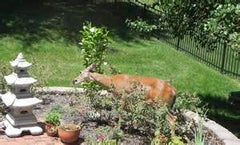
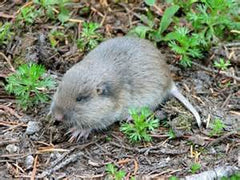
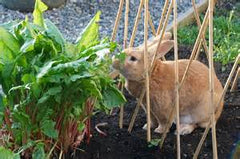
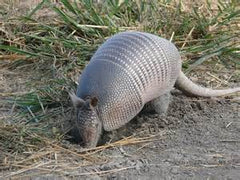
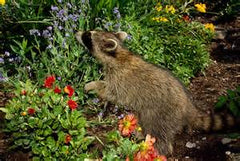
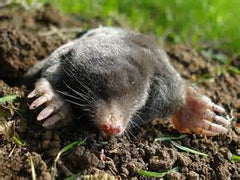
This is the primary step to help solve the problem. Different animals behave differently, react to different things, and are repelled or attracted to your garden for different reasons. If it is one type of critter causing your problems, a solution can be tailored for this animal. If it is several types of nuisance animals, a combination of things can be applied for a solution. For example, a fence might help keep deer out, but it will not deter rodents from entering your garden.
2. Physical Barriers
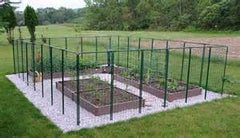
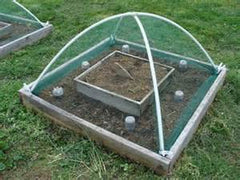
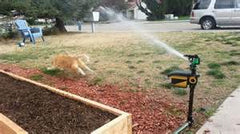
Fencing is a good start to prevent larger creatures from entering areas where you don’t want them. There is also a diverse array of types of garden netting that keeps out critters as small as bugs to larger mammals. Raised bed gardening is also helpful, as smaller mammals do not like to venture down narrow pathways in between the beds or to climb up from ground level leaving them more visible and vulnerable to predators. There are also some sprinkler devices that are motion-activated, causing the intruding animal to get sprayed by surprise and thus scared off.
3. Sound Deterrents
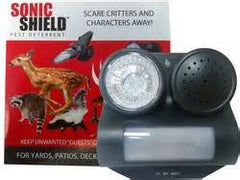
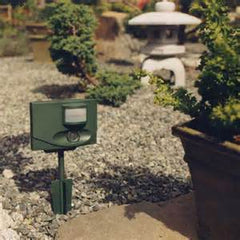
These devices emit an ultrasonic or sonic high-frequency sound (or a combination of both). They help keep bugs and animals away but are imperceptible to the human ear. They are a better solution than traps or poison, because they do not harm the animals but disorient them enough to repel them from entering your space. Getting a device that can change in frequency, duration, and sequence will help keep nuisance animals away because they will not become accustomed to a repetitive sound.
Here is a good link for purchasing these products.
4. Visual Deterrents
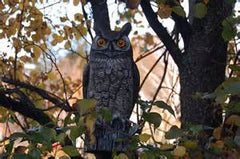
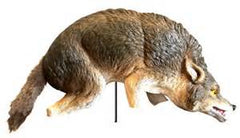

There are many types of “scarecrow” like decoy items that will help drive off nuisance critters. Dummy owls will help drive off rodents and other creatures preyed upon by owls. It’s important to change its location often so the animals do not become accustomed to its presence and aware that it is harmless. Colorful devices with reflective strips, holographic images, and a spring or something that aids movement from the wind are useful as well.
5. Taste Deterrents
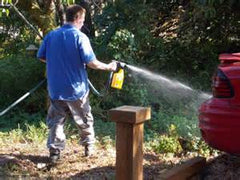

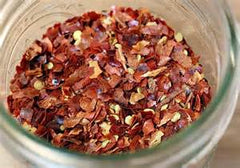
These can be bought or made at home, but they deter wild animals from your garden by coating your plants with a solution that is unpleasant to eat. A popular mixture is spray containing red pepper. They do not harm the plants but deter animals from eating them with a repulsive taste. This can also work with garlic solutions as well. Castor oil formulas work well for rodents because worms get coated with it and become inedible for animals that dig in the ground for food.
6. Odor Deterrents
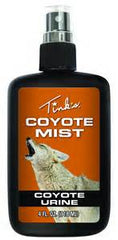
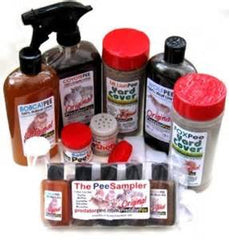
These can also be bought or made at home, but they work by alerting animals that dangerous predators might be lurking. These are typically the urine of predators like coyotes, bears, mountain lions, wolfs, and bobcats. They need to be applied regularly for the best effectiveness, as it will wear off with time. There are liquid and powdered versions available. Garlic, ammonia, and mothballs can also be utilized for this method.
Here is a good link for purchasing these products.
7. Eliminating Places of Refuge

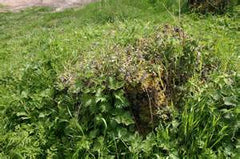
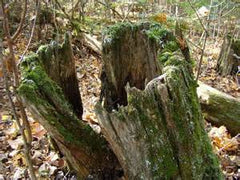
Making sure nuisance animals stay away from your garden might include getting rid of things that these critters take refuge in or make a habitat out of. This includes old trees, tree stumps, logs, tall brush or grass, and similar things animals make use of. Making sure your yard and garden is well maintained and provides little to no cover for the movement of smaller creatures will help deter them from rummaging around your garden. Eliminating places of refuge around your garden will make nuisance animals feel vulnerable to predators, and they will tend to stay away.

